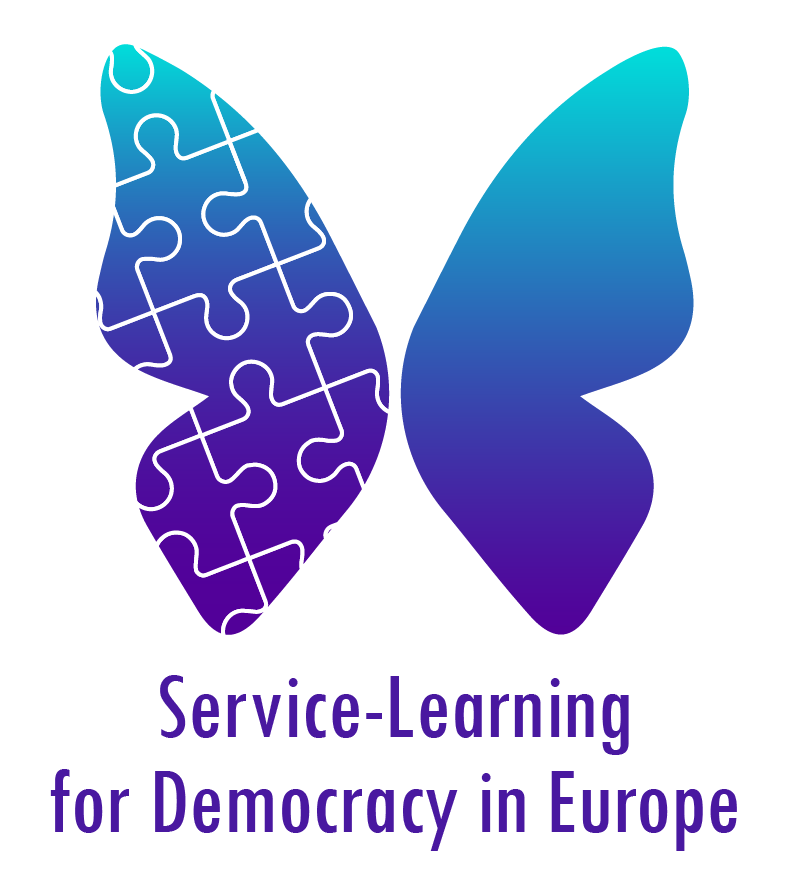By Ahmmad Haase and Markus Gloe


The comparative analysis of Service-Learning (S-L) in Europe, made in the context of the SLEAD project, aims to comprehensively explore and analyse the current landscape of civic education across different countries in Europe, with a particular focus on the models and frameworks employed for the development of democratic competences. The analysis delves into the integration of S-L methodologies within existing policies and educational curricula, emphasizing the identification of optimal contexts, forms, and subjects for the implementation of S-L initiatives. Additionally, this review addresses the challenges and conditions faced by educators when incorporating S-L approaches into formal education systems.
Highlighting the intersection of civic education and S-L, we explore how this innovative pedagogical approach is being integrated into educational curricula, uncovering the potential of S-L to enhance not only academic learning but also to cultivate a sense of civic responsibility and community engagement.
The ongoing debate about a standardised understanding of S-L versus recognising its diverse possibilities prompts educators to consider the nuanced goals of their programmes. Striking a balance between quality standards and minimum requirements ensures a comprehensive yet adaptable framework that aligns with the unique needs of each educational context. This balance is crucial as it allows for a more personalised approach to S-L, acknowledging the varied cultural, social, and educational landscapes across Europe. We delve into the question of where and how S-L can be most impactful within formal education. From specific school forms to ideal subjects, our analysis seeks to pinpoint the optimal contexts for introducing S-L initiatives that resonate with both educators and students.
In understanding the importance of equipping educators with the tools they need, we explore the conditions and challenges faced by teachers when incorporating S-L into their classrooms. Emphasizing teacher empowerment and resilience reinforces the idea that S-L should be seen as an integrated method rather than an additional stressor. Flexibility in curriculum integration and addressing apathetic learning groups further solidify the method’s potential for impact. By empowering teachers to integrate this approach into their existing curriculum, it not only enhances the educational experience but also fosters a sense of ownership and commitment among educators, ultimately leading to a more sustainable and impactful implementation of S-L initiatives.
Democracy, framed as a way of life, becomes a central theme, reinforcing the transformative potential of S-L beyond the confines of civic education. The cross-curricular integration of S-L and the presentation of curricular connections unique to each country underline the method’s versatility. By emphasizing democracy as a central theme, S-L not only promotes civic engagement but also instils a deeper understanding of democratic principles and values, contributing to the development of responsible and informed citizens across Europe.
In essence, the comparative analysis calls for a nuanced, context-aware approach to service learning in Europe—one that embraces diversity, encourages adaptability, and recognises the transformative potential of S-L as an integral part of the educational journey. By navigating these complexities, educators can foster a culture where S-L thrives, enriching both students and communities alike.
